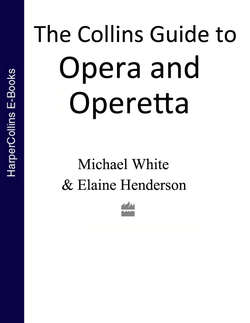Читать книгу The Collins Guide To Opera And Operetta - Michael White - Страница 59
ОглавлениеClaude Debussy
(1862–1918)
Pelléas et Mélisande (1902)
Born near Paris, Debussy was fascinated by the theatre all his life and had a celebrated relationship with the impresario Diaghilev, who turned scores like the Prélude à l’Après Midi d’un Faune into ballets. He was also interested in the human voice, and matured into one of the greatest of French song-writers, with incomparable settings of Verlaine and Baudelaire. But he only completed one opera, Pelléas et Mélisande, and although he devoted later years to attempts at an operatic adaptation of Edgar Allan Poe’s The Fall of the House of Usher, they survive as little more than sketches. Principally, the composer is remembered for his piano, chamber and orchestral music – written largely in an imagistic way that earned him the label ‘impressionist’, though ‘symbolist’ might be more accurate. With atmospherically suggestive scores like Prélude à l’Après Midi d’un Faune and the orchestral Images, he introduced a new language of sound and was undoubtedly one of the founding fathers of modern music.
